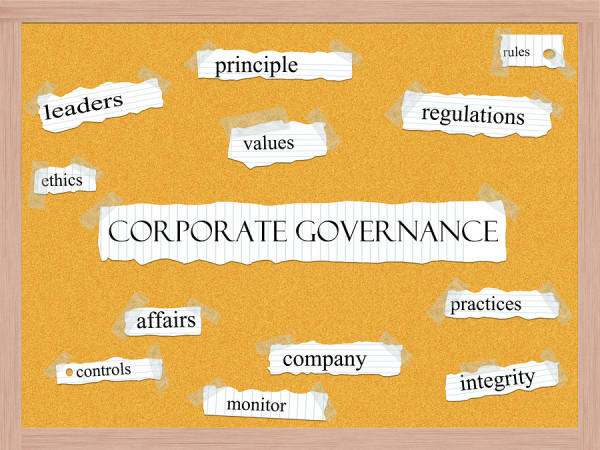The best leadership decisions are never made in isolation. In public companies, government offices and non-profits, regulation and oversight is required to ensure maximum outcomes for all stakeholders. But auditors and boards of directors often fail in their designated purpose.
In principle, regulatory boards are charged with overseeing leadership decisions. In reality, they often take direction from the leaders who appointed them in the first place. Boards with even the most skilled, highly educated and experienced members all too often fail to meet their fiduciary responsibilities.
In The Power of Noticing, Harvard Professor Max Bazerman presents case studies of oversight irregularities that have had catastrophic outcomes, along with revealing why this will continue to happen.
Even when outside auditors monitor companies, they cannot help but be influenced by the organizations that hire them (thus providing lucrative revenues). Despite regulations that require auditors to be independent, few truly are.
Numbers don’t lie, but the way they are recorded into the books is ripe for “flexibility.” Some auditors will accept outlying data as anomalies and discount them instead of investigating thoroughly. Others allow ineffective monitoring that favors skewed data. Professionals know better, yet an incredibly faulty monitoring system was widely accepted by financial institutions that facilitated the recent LIBOR scandal.
Lessons from LIBOR
The very banks that could benefit from manipulation of lending rates were in control of setting the rates for LIBOR. How could financial regulators ignore how easy it would be for the banks to manipulate rates for their own benefit (and at society’s expense)?
While reforms are currently being proposed, a critical question remains: Why did it take a disaster for overseers to recognize the need for commonsense changes?
The banks’ failure was a moral one: They engaged in intentional distortion of rates for their own benefit. Regulators worldwide failed to notice that the system itself was corrupt and in need of regulatory reform.
Unintentional Blindness
Reform is necessary for most industries—not necessarily more regulation, but certainly wiser laws. Recognition of human drives, self-interest and biases should inform the way we set the rules. Even with the best intentions, ethics and honest mindsets, no one is immune from blindness and biases.
Often, the concept of unintentional consequences comes up in my client coaching discussions. While it is always easy to spot problems in hindsight, we usually don’t recognize them in our own organizations. While we may see ourselves as scrupulous and well-intentioned, we’re usually averse to noticing our own potential for questionable ethics. This can lead us to make improper and even immoral decisions.
What do you notice in your own organizations that others don’t seem to be noticing? I’d love to hear from you. You can contact me here or on LinkedIn.

Did You Enjoy This Article?
Join thousands of other smart business owners like yourself & get our Proffittable Times newsletter.
It's filled with actionable content you can apply immediately.
Sign up now to get started!
– Coach Nancy










